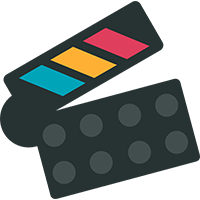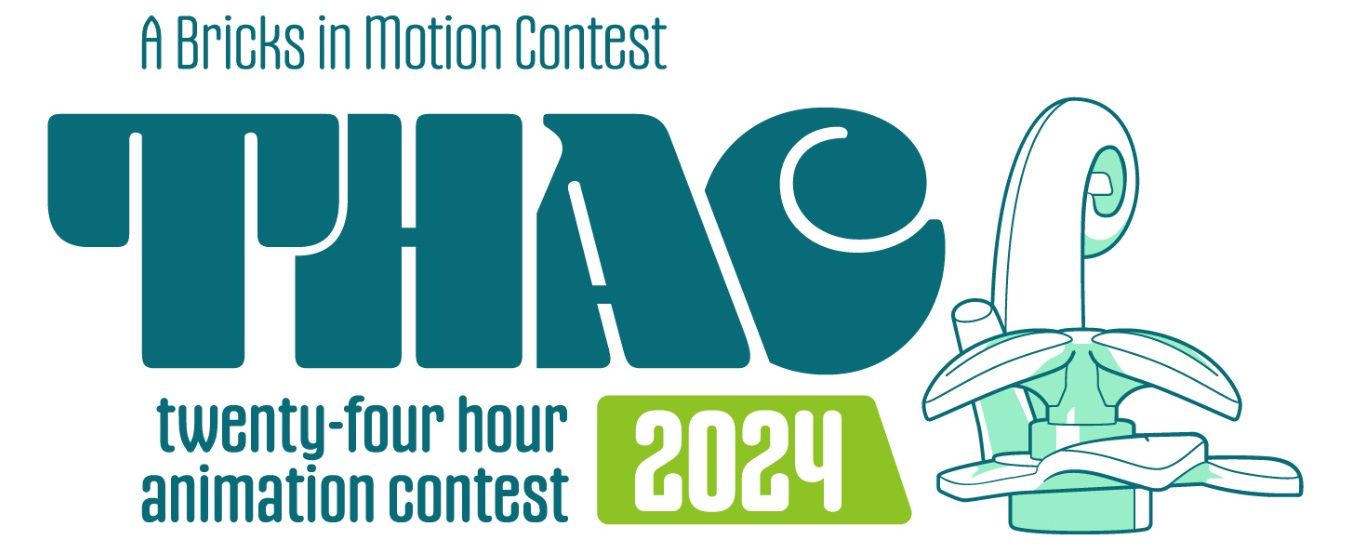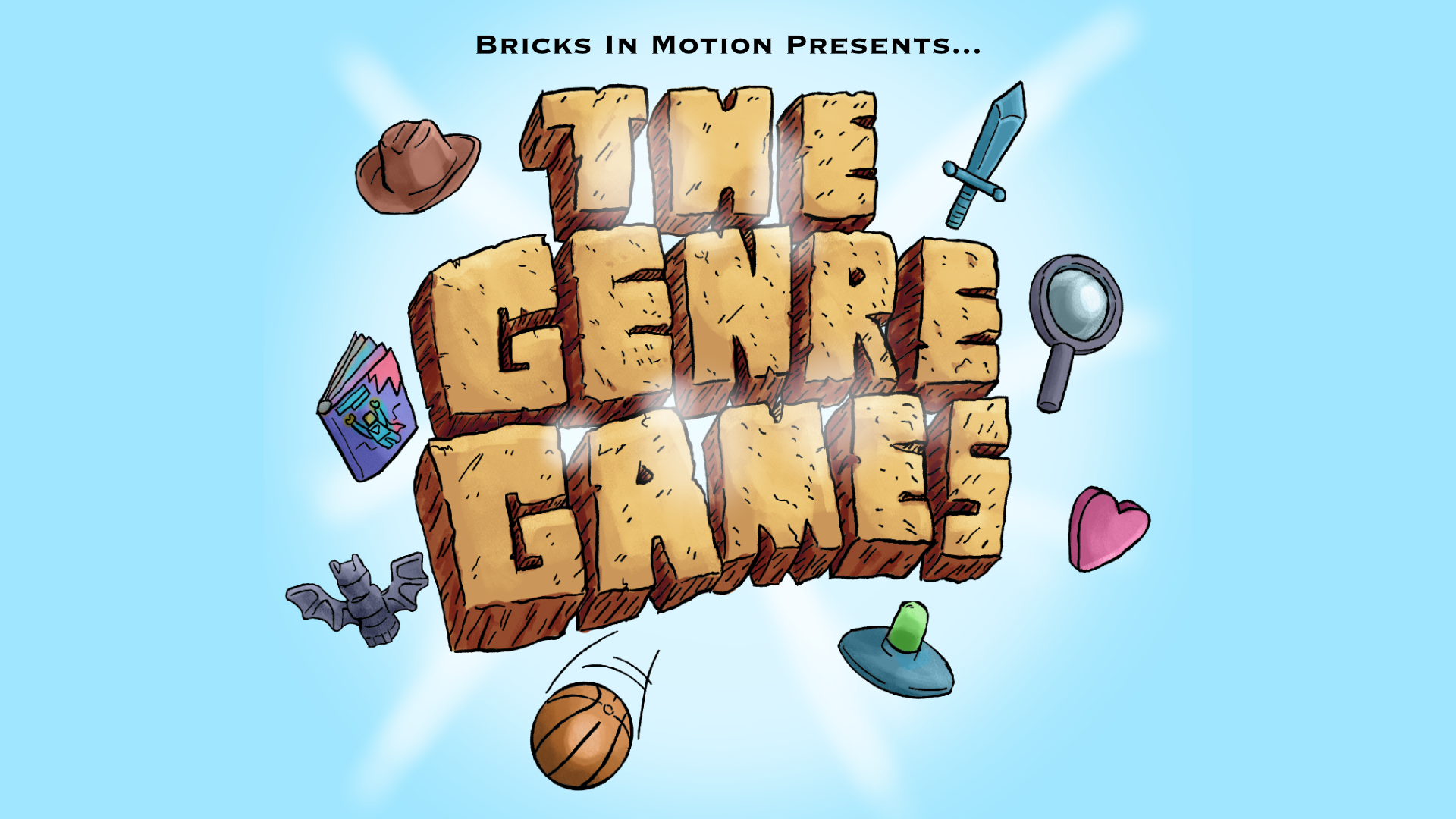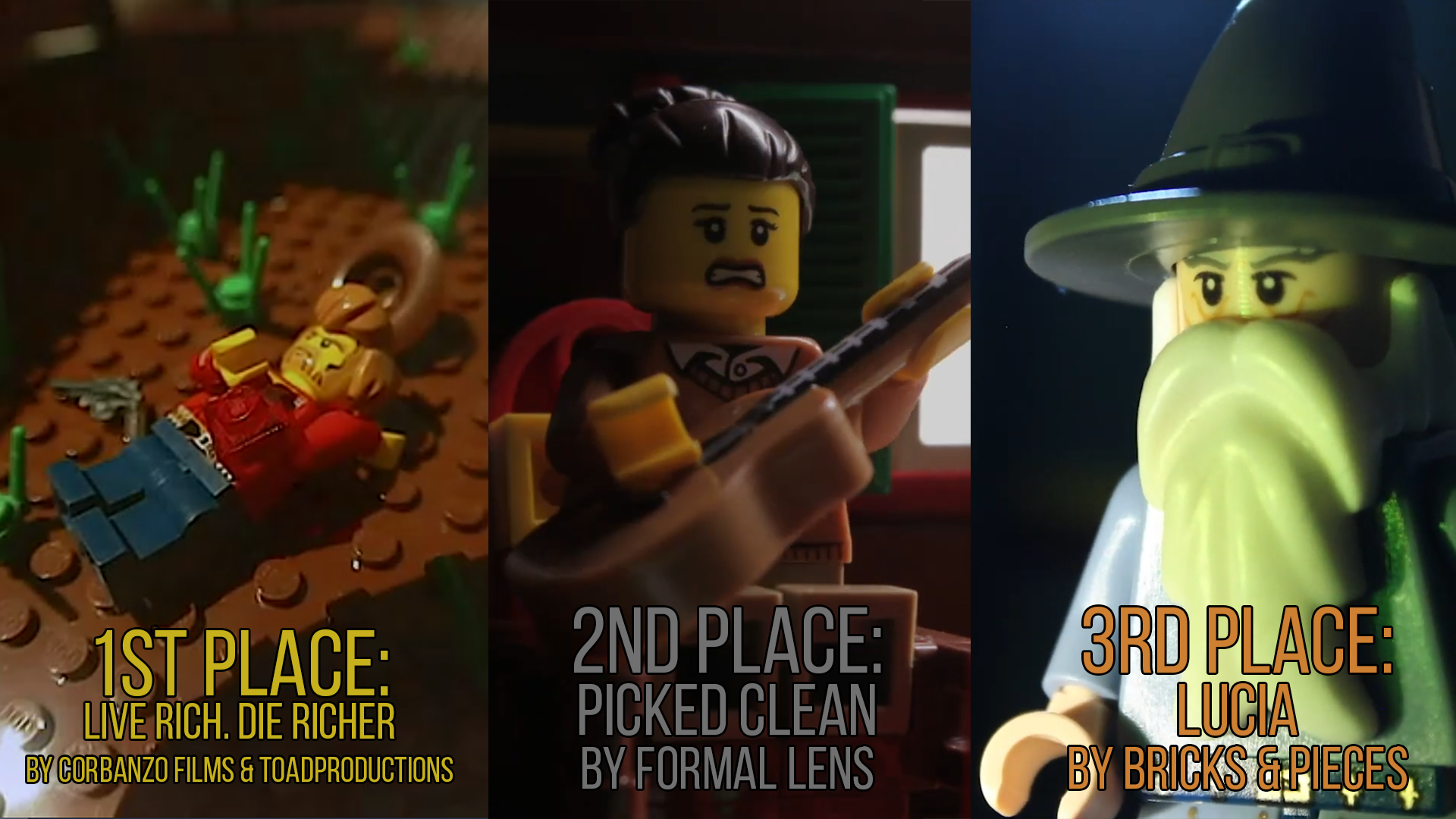MY PROCESS
The writing process isn't easy, but I've come to find it as my favorite part of brickfilming.
I begin with my idea. Then I ask myself if there are other ideas that I have that fit together well with it, and I can combine those ideas into a single story.
After I have my story idea, I outline the plot. This is actually a fun part of writing because you get to put down the creative stuff without all the dialogue, scene directions, etc.
When I work on the plot outline, I think of the twists and conflicts that can come about. And I always try to think of a second possible twist, and a third, that can replace those I thought of initially. For the first story twists tend to be stock, cliché devices. Additional thought usually lets you come up with something better, because the answer is more subtle, deeper, and unexpected at once. This can be hard to do for two reasons: 1) you want to run with your first idea and sometimes it's hard to let go, and 2) it's harder to think of another answer. But it's worth the effort.
Then I decide what the theme of my story is. For instance, the theme of Holding Our Own episode 1 is, "eating meat is a part of nature". Everything that happens in the story draws to that theme. (even countering viewpoints are addressing the theme, whether or not they are in agreement.) If I get stuck I recall the theme.
The I write my first draft. sometimes it takes me a while (one draft I've been stuck on for over a year... one 29-page script I wrote in under 24 hours). I always try to make sure the theme gets an exclamation point at the climax. For instance, in HOO episode 1, when Missy is in the park enjoying nature, she sees how cruel animals can be to each other, but unless they are, they don't go on surviving. Then she stops to consider the theme, without it being spoken, "eating meat is a part of nature".
After the draft is complete, I write my next draft, where I go over the first draft and see if I can make the story funnier if a comedy, or dramatic, if a drama. But I always try to make it character-based, where every new line really helps to bring out the speaking character's personality as I designed them.
Then comes the proof, where I read over and over again, making sure the script is tight, removing anything that is unneeded, and grammatically correct (unless a person's speaking otherwise), properly spelled, etc.
I find it weird to script AFTER storyboarding. Storyboards are typically based off of scripts, and if you're at storyboard stage, backing up to scripting seems redundant, unless the dialogue's not captioned in the storyboard. But some people animate first then do voices which is also unusual, but if it works for them, as a libertarian how can I say they should do it another way that doesn't work for them?
Strangely, I love to draw but I skip the storyboarding altogether! Every scene, every shot, it's all in my mind as I write it. The way my mind works, it's all there visually for some reason, and I've never drawn one panel of storyboarding.
It was because of brickfilming that I actually became interested in writing. I mean, I've written scripts and outlines and sci-fi prose and partially written screenplays. BTW, this link will take you to some of the actual pages of my very first screenplay, CANDY, written in 2002. It was written on a typewriter (in 2002!) http://holding-our-own.tumblr.com/post/ … 5948/candy But it's because of BiM that I actually wanted to write the best I could, and learn how to write as professionally as possible.
https://vimeo.com/channels/holdingourown http://holding-our-own.tumblr.com"None practice tolerance less frequently than those who most loudly preach it."









